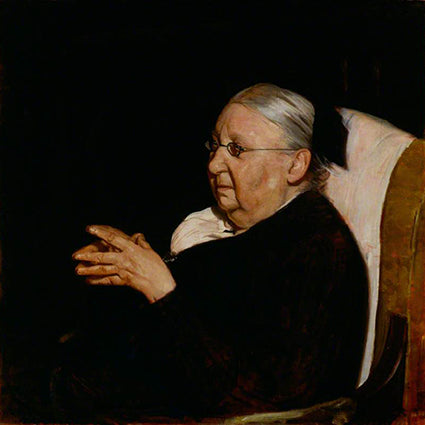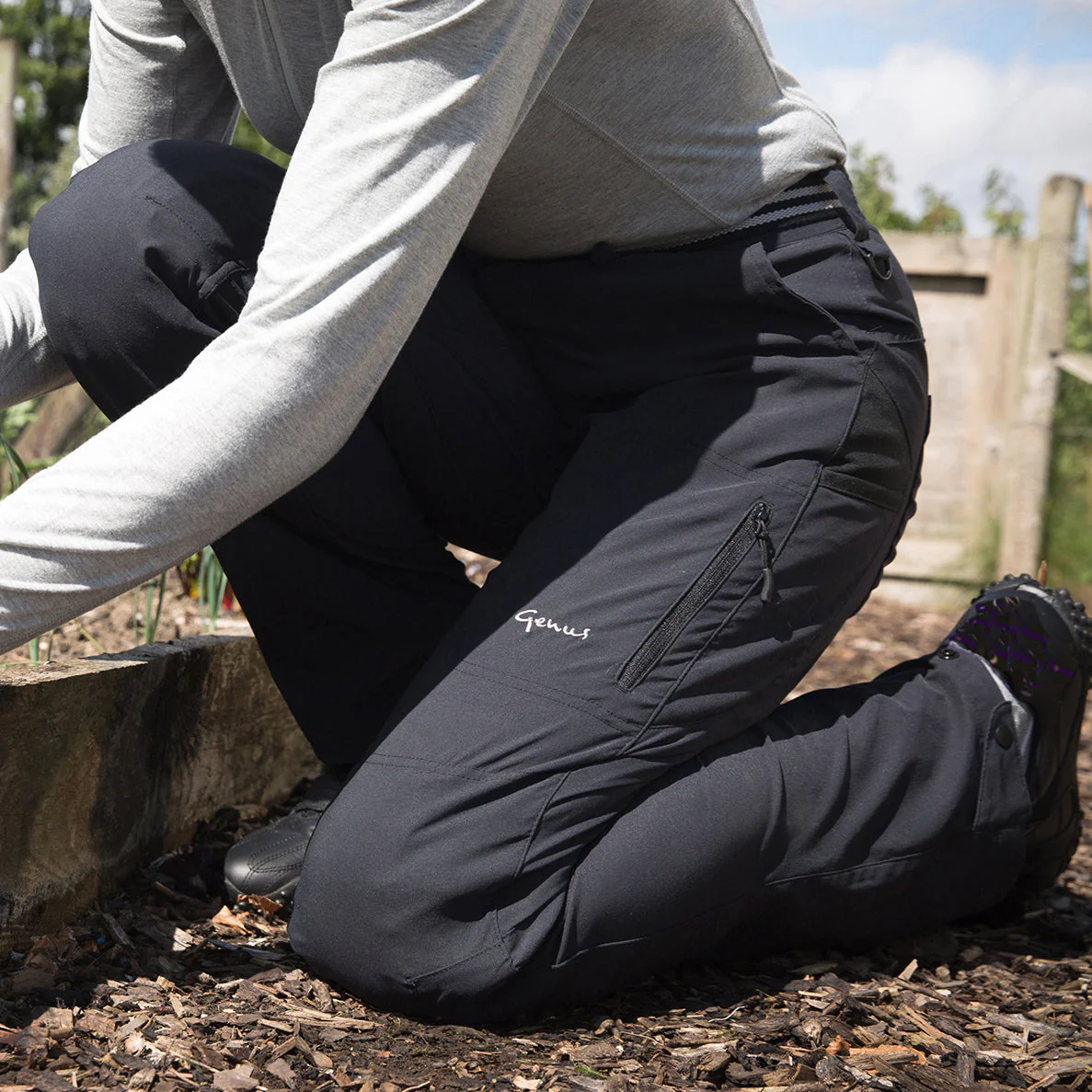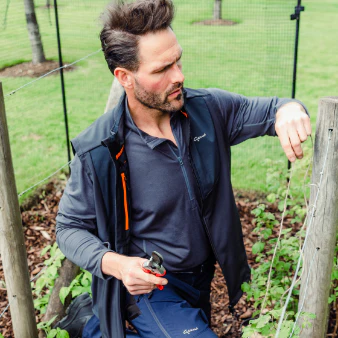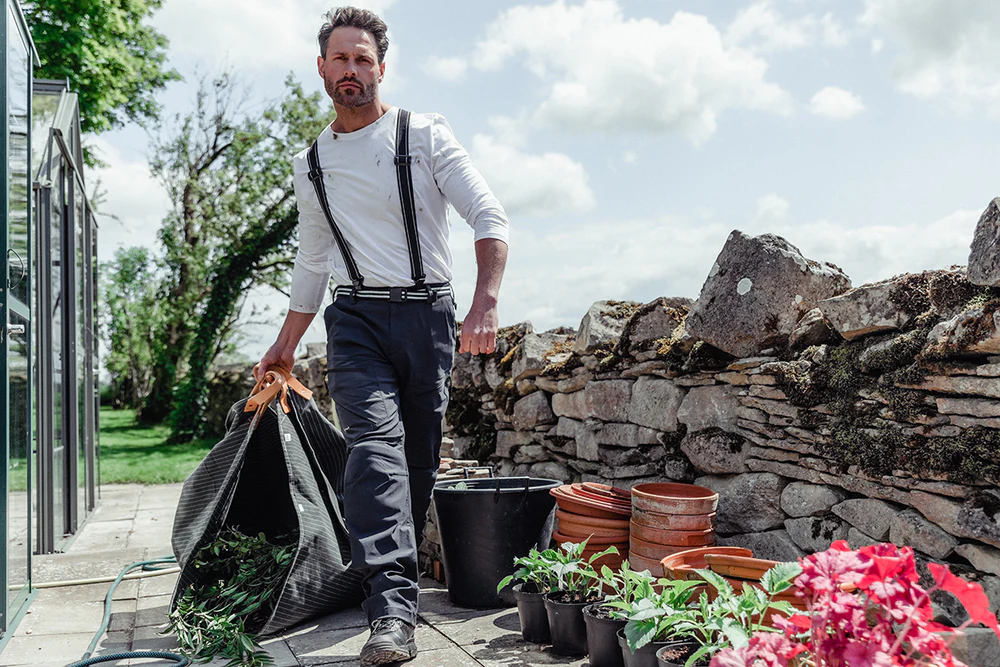Radio 4 Extra Goes Gardening - Spotlight on Gertrude Jekyll

Radio 4 Extra is broadcasting a great programme on Gertrude Jekyll at 9am today, 1st February.
Gertrude Jekyll (29 November 1843—8 December 1932) was an influential British horticulturist, garden designer, artist and writer. She created over 400 gardens in the United Kingdom, Europe and the United States, and wrote over 1,000 articles for magazines such as Country Life and The Garden. Jekyll has been described as "a premier influence in garden design" by English and American gardening enthusiasts.
Gertrude Jekyll once said: "A garden is a grand teacher. It teaches patience and careful watchfulness; it teaches industry and thrift; above all it teaches entire trust." Through her fascination with colour, cottage gardens and experimentation, it has been said she "changed the face of England more than any save the Creator and perhaps Capability Brown".
In the BBC programme, Penelope Keith explores Miss Jekyll's own 10-acre garden, the enchanting Munstead Wood in Surrey, presents interesting snippets from the BBC sound archive, and discusses Gertrude's influence with authors James Wong and Catherine Horwood and with Munstead Wood's head gardener, Annabel Watts.
Really worth a listen.











